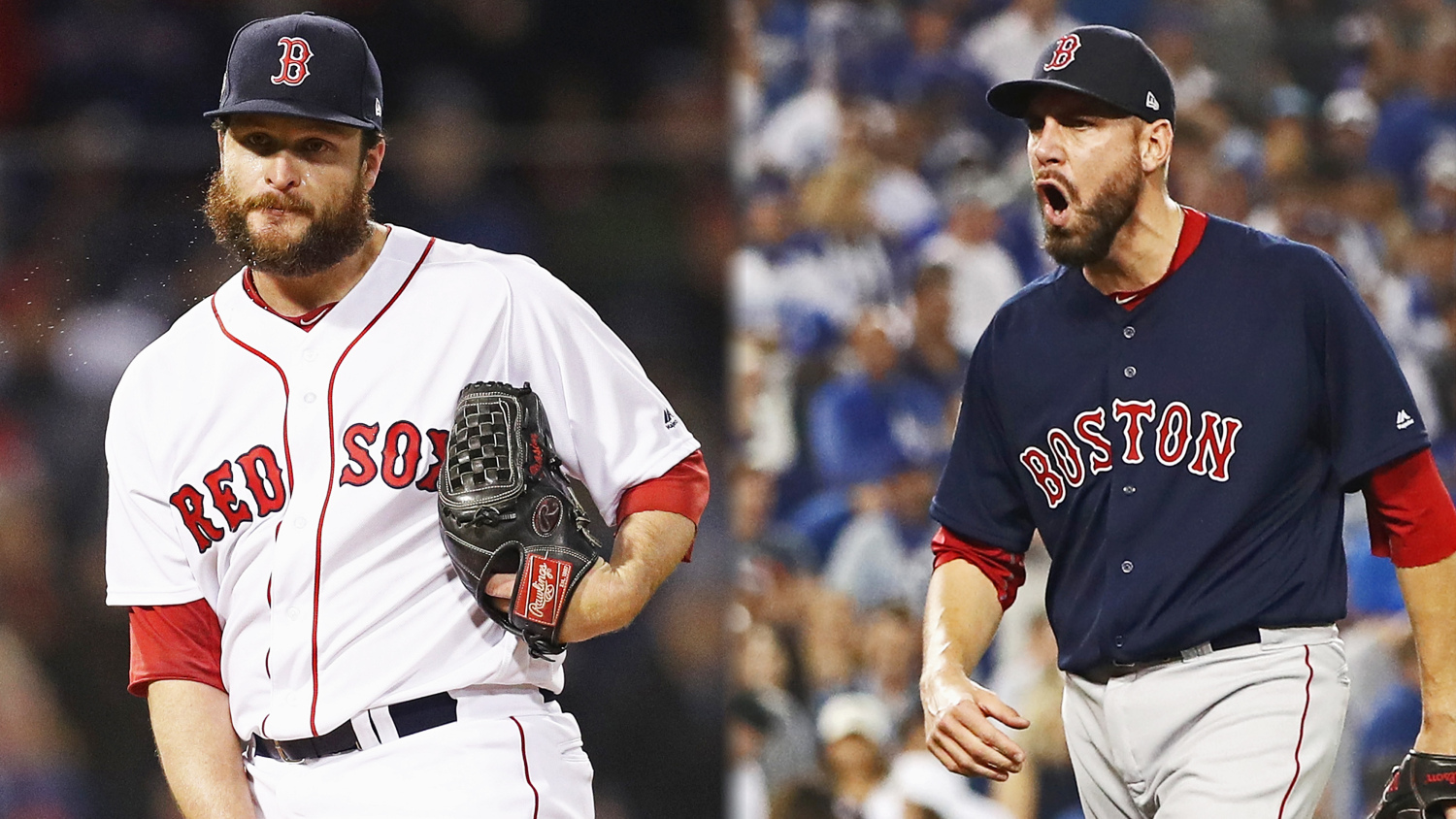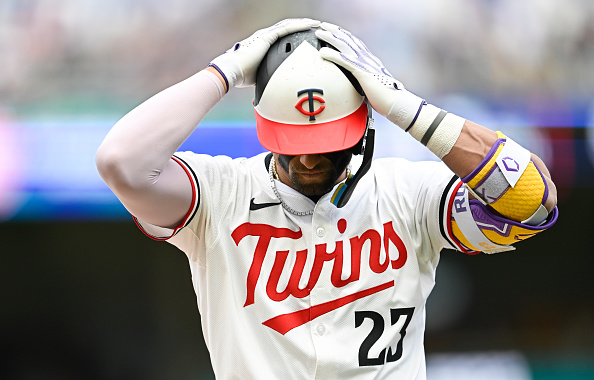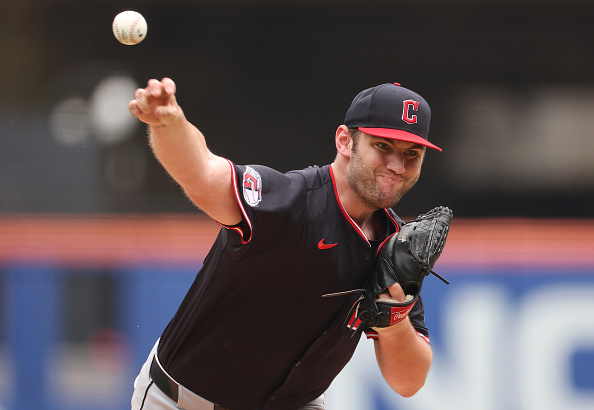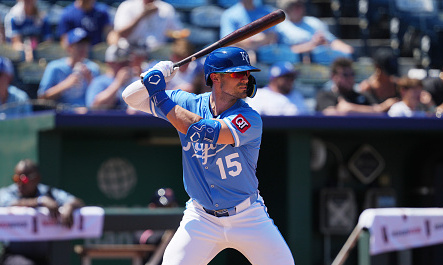With the anticipated departure of Craig Kimbrel and the lack of desire to spend top dollars for a premier reliever, the Boston Red Sox will roll into the 2019 season with questions regarding who their closer will be.
The two most talked about candidates are Matt Barnes and Ryan Brasier, both of whom played pivotal roles in a bullpen that became a strength of the Red Sox in the 2018 postseason. However, neither Barnes nor Brasier have any closing experience at the major league level. So which of the two should be given the nod on Opening Day?
Let’s start with the 2018 Cinderella story that was Ryan Brasier. The Red Sox caught lightning in a bottle with the 31-year-old right-hander last season after he had spent almost five years between major league outings. In 34 games in the regular season, Brasier went 2-0 with a 1.60 ERA in 33.2 innings pitched. Building off of that, the stocky righty went 8.2 innings over nine outings in October, allowing just one earned run.
In what was perhaps the most memorable moment in 2018 from a personal performance standpoint for Brasier, he struck out Yankees catcher Gary Sanchez after yelling at him to get back into the batter’s box.
The full stare-down between Ryan Brasier and Gary Sanchez… #RedSox #Yankees pic.twitter.com/1KItOzg2mL
— Adam Kaufman (@AdamMKaufman) October 7, 2018
The Red Sox went on to lose that game, but Brasier was able to buckle down in a first and second, two-out scenario and get the job done, albeit in the fifth inning.
It’s grit and toughness as displayed by Brasier in that situation that you’d absolutely love from your closer. However, Brasier did that in the fifth inning. He was needed to come on earlier and get the job done.
But it wasn’t always easy in high leverage for the flamethrower. Over the course of the 2018 season, opponents slashed .304/.320/.522 along with a .353 average on balls in play against Brasier in high leverage. Coming in and slamming the door in a 3-2 game is about as nerve-wracking as it gets. But can Ryan Brasier really be trusted in that spot?
As for the other top candidate, Matt Barnes, he’s really blossomed into a reliable reliever for the Red Sox. Each season since 2016 he has pitched in at least 62 games, and in each season his ERA has improved.
Last year for Barnes, he came out of the gates looking fantastic. In fact, he took a 2.36 ERA into the All-Star Break. It was what transpired after the break that had Red Sox fans really worrisome.
The 28-year-old UConn product came out of the break and delivered an ERA of 9.64 in August. While he improved upon that in September, he still posted a pedestrian 5.06 ERA. Overall, Barnes’ ERA was 6.46 in a second half that included him being shut down due to hip inflammation. All in all, it balanced out to 3.65, and the Connecticut native posted a career-high 14.0 K/9.
Much like Brasier, Barnes was lights out in October. Allowing just one earned run over 8.2 innings pitched as well.
The difference between Barnes and Brasier simply vests on leverage. Brasier put up much better numbers to the eyes; but in high leverage, Matt Barnes holds a significant advantage. In 99 plate appearances against Barnes in high leverage, batters slashed .205/.323/.349 with a .273 average on balls put in play.
What makes Barnes even more so ahead of Brasier for the closing position is the assortment of pitches he can strike you out with.
Not just the fact he has a bunch of putaway pitches, but he also is very good at executing with two strikes. In 160 plate appearances against Barnes that had two strikes in the count, opponents hit just .093 with 96 strikeouts.
When factoring in everything, the race becomes more and more clear that Matt Barnes fits the mold as a closer more than Ryan Brasier does. Whether it be the high strikeout totals or the sample size edge in high leverage, Barnes seems to have a leg-up this spring.
Should be a fun race to watch unfold as the Red Sox look to defend their title in 2019.







